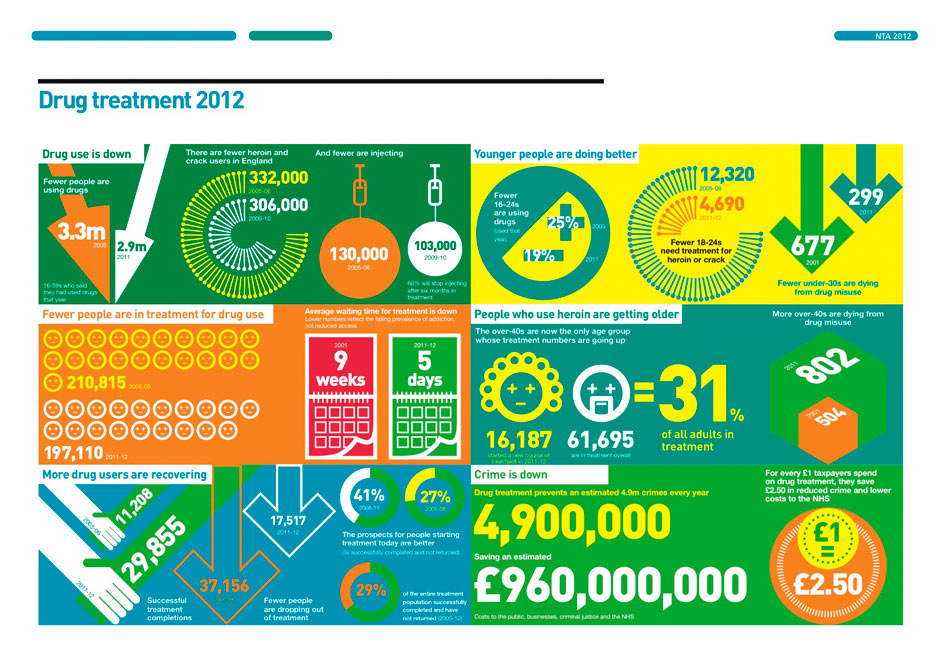Why Aftercare In Drug Rehabilitation Is Crucial For Long-Term Healing. Discover Just How Support Group Can Aid You Stay Sober And Develop A Satisfying Life
Why Aftercare In Drug Rehabilitation Is Crucial For Long-Term Healing. Discover Just How Support Group Can Aid You Stay Sober And Develop A Satisfying Life
Blog Article
Developed By-McDermott Worm
You can't do it alone. https://squareblogs.net/natalie96brendon/understanding-the-art-of-dependency-healing-starts-with-recognizing-the from drug addiction needs a strong support group.
The importance of aftercare in drug rehab can not be overemphasized. In this article, we will discover the role of therapy, the benefits of therapy, and the structure supplied by peer support system in keeping sobriety.
So, get a cup of coffee, unwind, and let us assist you with the critical actions of post-rehabilitation support.
The Function of Therapy in Aftercare
If you want to maintain your sobriety after leaving rehabilitation, it's crucial that you proceed taking part in therapy sessions as part of your aftercare plan.
Counseling plays an important role in your healing trip by providing recurring support, support, and a safe room to share your feelings and worries.
With therapy, you can address any kind of underlying problems that might have contributed to your addiction, develop dealing approaches, and discover much healthier means to manage tension and yearnings.
It enables you to work through any kind of unsolved emotions and establish a far better understanding of yourself and your triggers.
The Advantages of Treatment in Preserving Soberness
To maintain your sobriety, treatment can offer many advantages.
- Therapy offers a secure space for you to check out and resolve the underlying problems that might have added to your dependency.
- It enables you to overcome your feelings and create healthier methods of dealing with stress and anxiety and activates.
- With therapy, you can get a better understanding of yourself and your patterns of actions, which can aid you make favorable changes in your life.
- Additionally, therapy offers you with a support group of experts that are trained to lead and assist you on your trip to recuperation.
- They can provide beneficial understandings, tools, and methods to assist you browse the obstacles that may emerge.
- In therapy, you can learn to establish healthy coping abilities, develop resilience, and improve your total well-being.
Peer Support System: A Structure for Lasting Recovery
You can locate lasting recovery by actively taking part in peer support groups and getting in touch with others who share similar experiences and goals.
Peer support groups offer a risk-free and non-judgmental space where people in healing can collaborate to share their struggles, successes, and understandings. By actively joining these teams, you can obtain the assistance and inspiration you require to remain on the course of recovery.
Getting in touch with others that've experienced comparable experiences can be extremely encouraging, as it assists you realize that you aren't alone in your trip. It additionally enables you to pick up from others that have actually successfully gotten rid of comparable challenges. With each other, you can celebrate landmarks, hold each other liable, and offer assistance and recommendations.
Through these connections, you can build a strong support system that will help you navigate the ups and downs of recovery and ultimately discover enduring healing and makeover.
Final thought
You've learnt more about the crucial duty of aftercare in drug rehabilitation. Therapy, treatment, and peer support system add to lasting healing. Here's https://www.tennessean.com/story/news/local/davidson/2022/04/05/type-set-tennessee-man-overcomes-addiction-now-he-dreams-freedom/7229557001/ to understand the magnitude of the concern: research studies show that individuals who receive aftercare therapy are 50% most likely to keep sobriety compared to those who do not.
So, think of the transformative power of these support group in helping people redeem their lives and develop a brighter, drug-free future.
